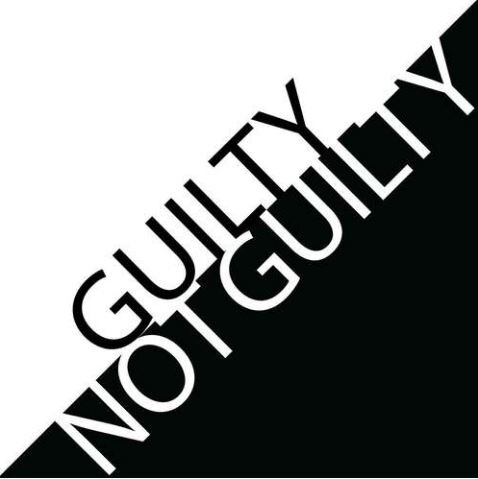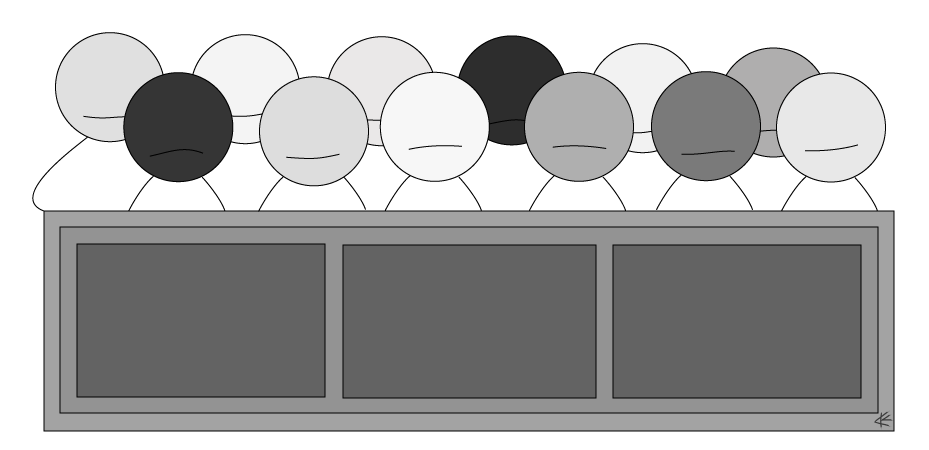Jury retirement, deliberation and delivering the verdict
All Contents > Crown Court Trial > Jury > Prosecution Case > Defence Case > Judge's Summing-Up > Verdict
“After receiving their final directions from the judge, the jury will be invited to retire to consider their verdict, to decide if the defendant is Guilty or Not Guilty.”
On this page …
Jury retire to consider their verdict
Jury Notes - Can the jury ask for help during retirement?
Delivering the Verdict
Majority Verdicts - Does the verdict have to be unanimous?
The Majority Direction
When can a majority direction be given?
Taking the verdict after a majority direction
Not Guilty Verdict
Guilty Verdict
Hung Jury - What happens when the jury cannot agree on a verdict?
Retrial - What happens after a hung jury is discharged?
Uncompleted trials
Final remarks and warnings to the jury
Links to Further Information
The end of the case - the jury’s verdict
A Crown Court trial, from the opening of the case by the prosecution all the way through to closing speeches and summing-up, leads to one ultimate conclusion, the verdict. This is where a defendant will find out if he/she has been found guilty, in which case sentencing will take place, or not guilty, in which case the proceedings will be at an end.
Getting to the ultimate verdict can be a complicated process, and even when the jury retire they may ask for additional instructions from the judge and may struggle to reach agreement. On this page you can read about how a judge can give a majority direction and receive a majority verdict, what happens if there is a hung jury and when, in the event of a hung jury, a retrial will be ordered. You will also find out more about the restrictions placed on questioning jurors about their discussions and deliberations in the jury room.
Read on for for this closing part of the Crown Court trial journey - the jury’s verdict.


















